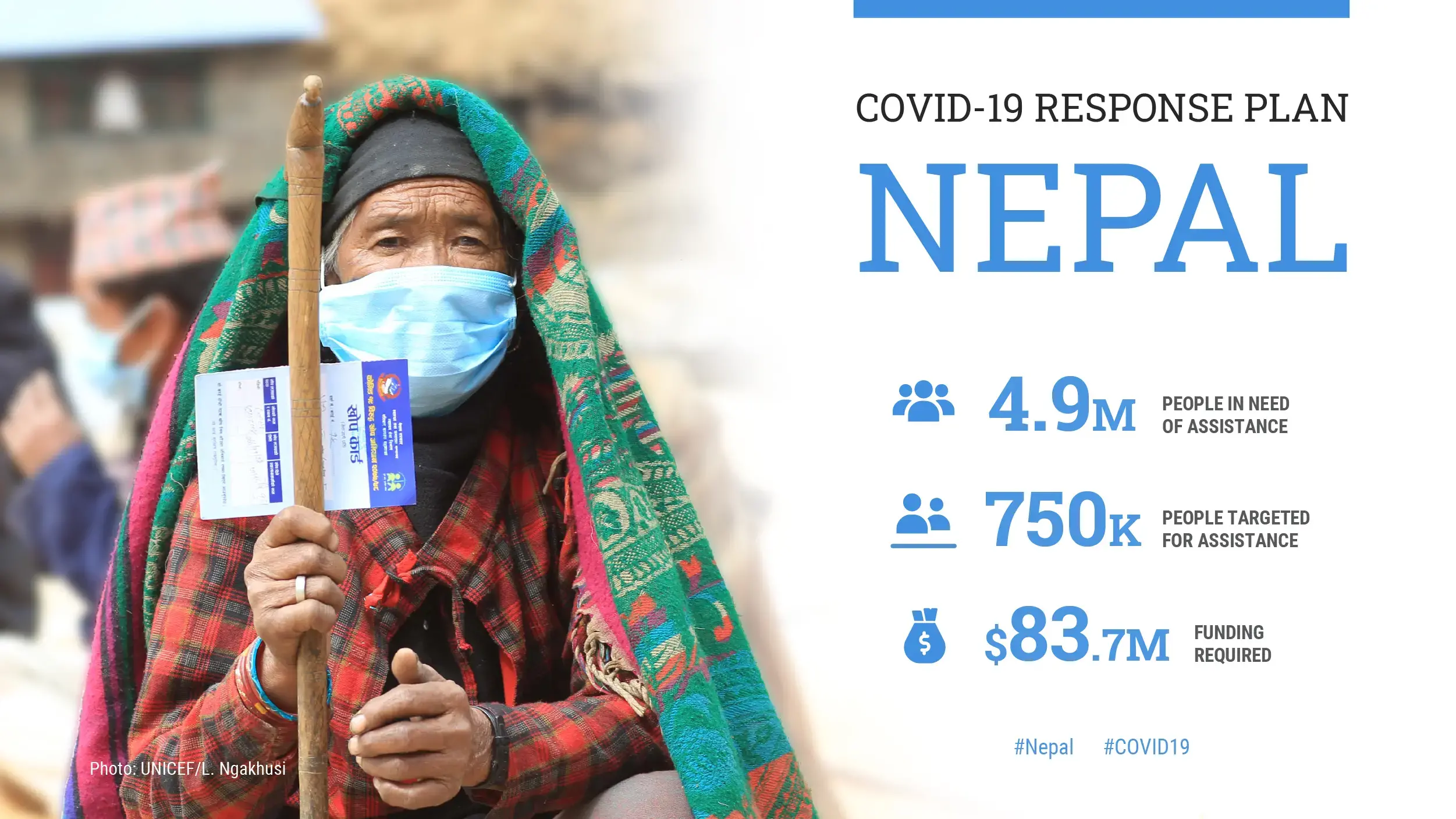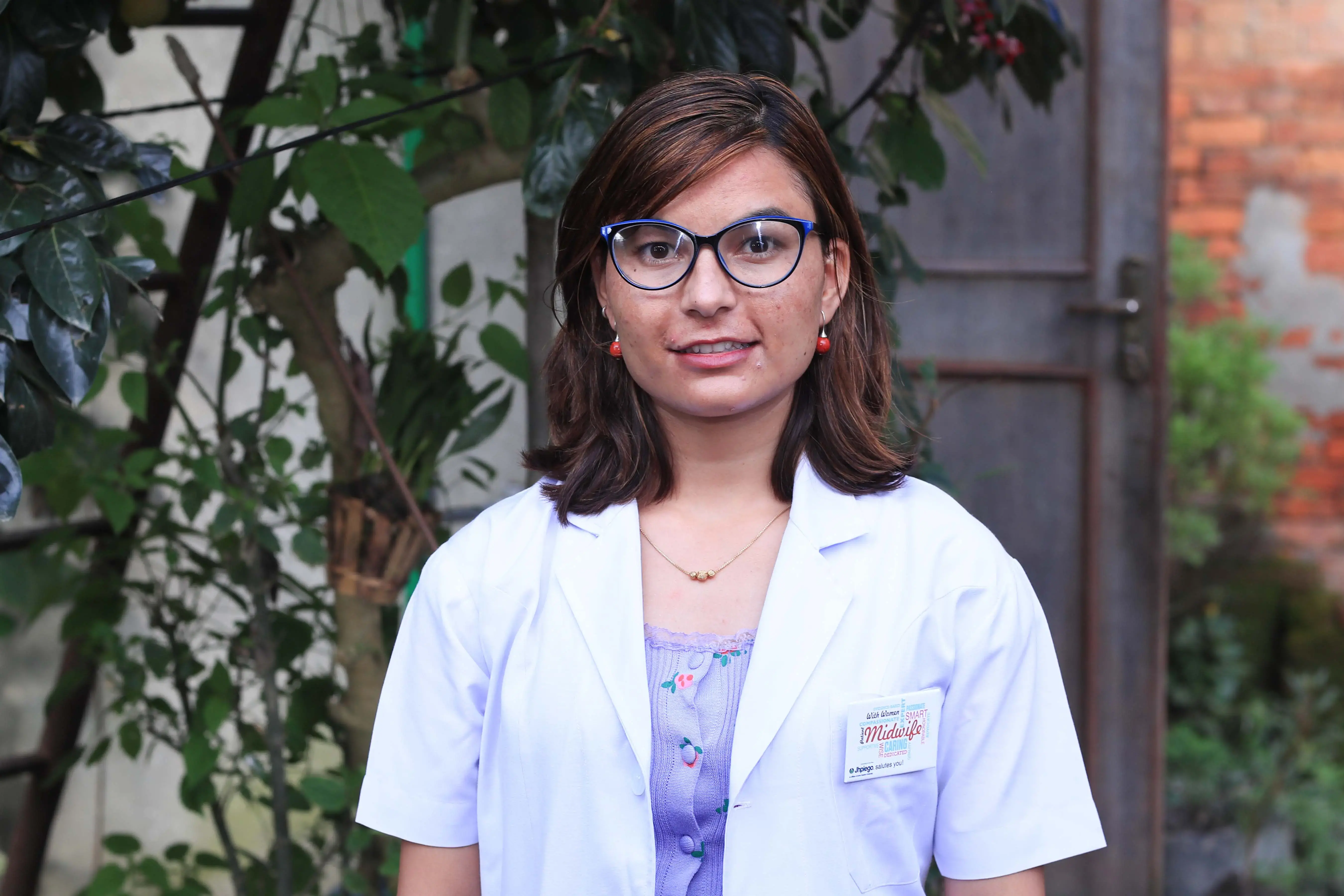“Now I have the courage to speak out and fight against the violence and discrimination that started right after my marriage and continued for years.”
Saraswoti Giri (name changed to protect her identity) bares her soul sitting inside a psychosocial counselling room of the Female-Friendly Space (FFS) set up in Sindhupalchowk district in North-Eastern Nepal. Originally set up with funding from the UK, the space has continued to operate with Japanese funding more than one year after the devastating earthquake due to the great needs observed in the area.
Ever since her parents married her off to a man from another village at the age of 24, Giri, who survived the earthquake of 25 April 2015, was confined to household chores from dawn to dusk. Even during her pregnancy and post-partum period her duties were the same year in year out.
As more women, some of them carrying their babies, enter the FFS, Giri, who is 30, continues: “The day I received my citizenship certificate after 12 years and the birth certificate of my son was the happiest day of my life so far. I cannot thank the Mahila Maitri Sthan (FFS) for this.”
“The first time I confronted him was in the third year of our marriage. I heard from a neighbour that my husband involved with another woman. When I asked him whether this was true, he kicked and punched me many times all over my body saying that what he did outside home was none of my business,” she says.
Several years of physical and verbal abuse followed. “A year later I left for my maternal home as I was unable to bear the torture. Since then I have been living with my mother and son away from them (husband and in-laws),” she says with tears rolling down her cheeks.

Wiping Giri’s tears with a shawl, Shuk Maya Ghale (50), who regularly attends health education classes and Yoga sessions at the FFS, consoles her: “Now you have received a citizenship certificate despite your husband’s non-cooperation with the support of the Mahila Maitri Sthan and this means that there must be good things in store for you.”
The citizenship certificate did indeed open doors — without it she had been unable to access government relief (mainly cash) and legal recourse as a GBV survivor. Many women were in the same situation, either having lost their documents in the earthquake, or never having had them in the first place.
The FFS has registered 121 cases from July 2015 to April this year, says Thapa. “Most (72 cases) are related to domestic violence and abuse. We have also received one rape case. During the same period 505 women and 135 adolescent girls attended awareness-raising sessions on sexual and reproductive health and GBV at the safe space.” In addition, Dignity Kits were distributed to 572 pregnant, new mothers, single women, elderly women and women with disabilities, she adds.
“Most of us who we had attended sessions here have begun to speak up for ourselves and our rights, and to help others to prevent violence against women,” says Ghale, who regularly reaches out to women she knows to suggest that they visit the safe space.
The FFS and also the other UNFPA-supported that are still running in Rasuwa, Sindhuli, Dolakha, Gorkha and Okhaldhunga districts offer a range of services to earthquake-affected women and girls, including information, psychosocial support, appropriate referrals, strengthening linkages with government institutions, education and recreational activities to make them feel safe and empowered as well as to restore their dignity and well-being, says Giulia Vallese, UNFPA Representative for Nepal.
“Although we set these services up as part of our emergency response, we continue to provide them because we have seen how badly they are needed. We are continuously working with the government to ensure that vulnerable women receive the support they need”.





